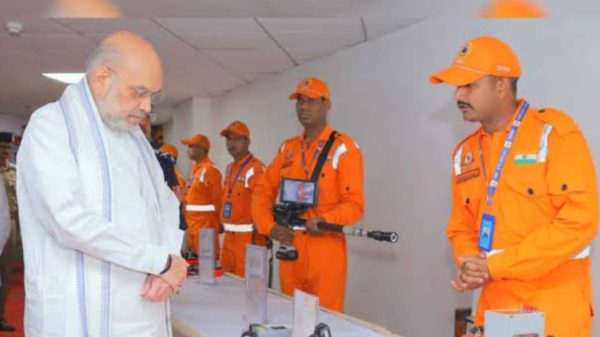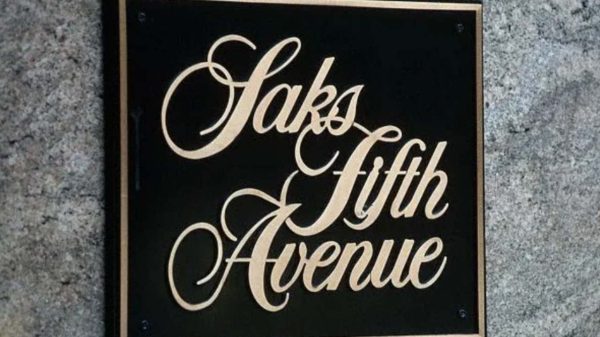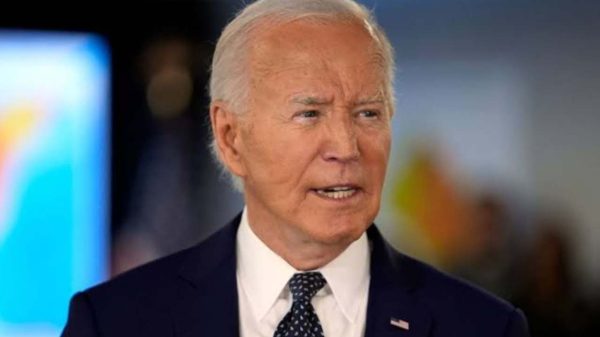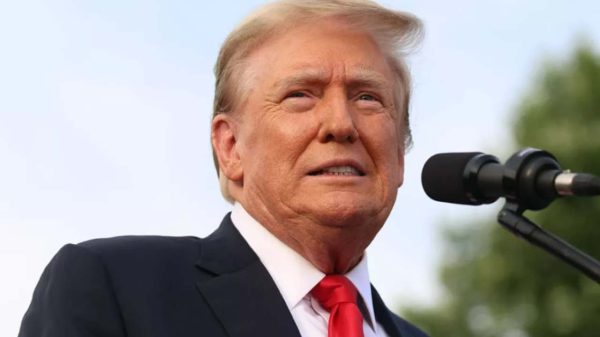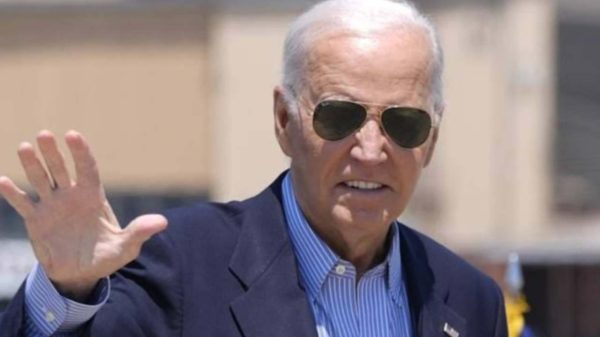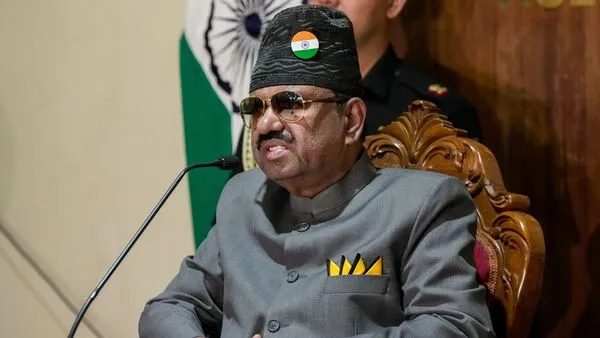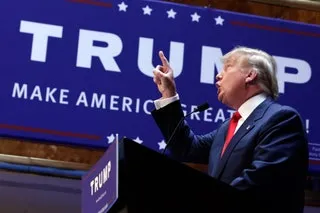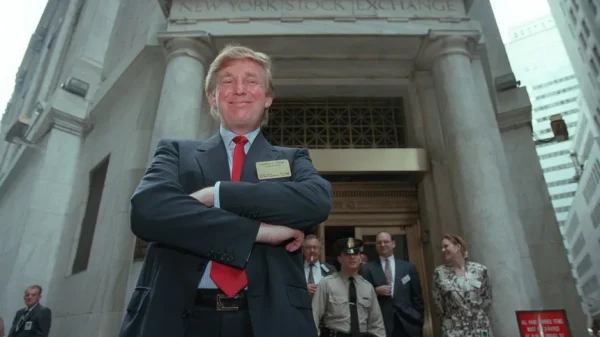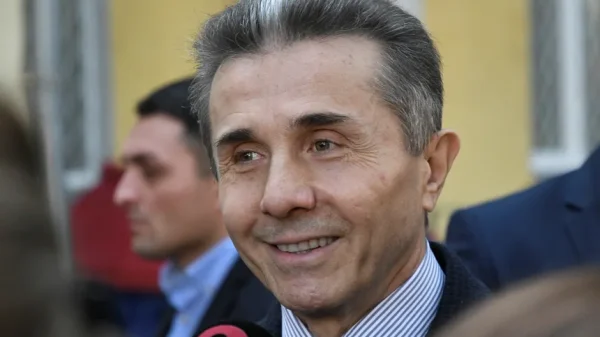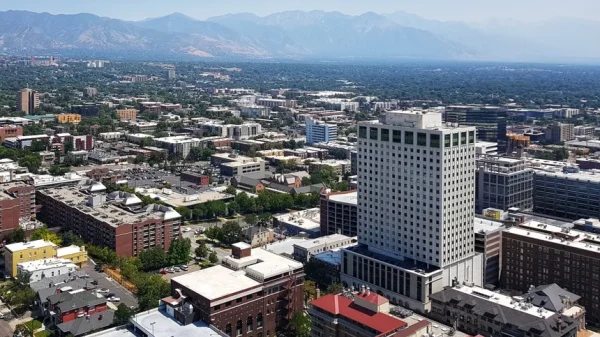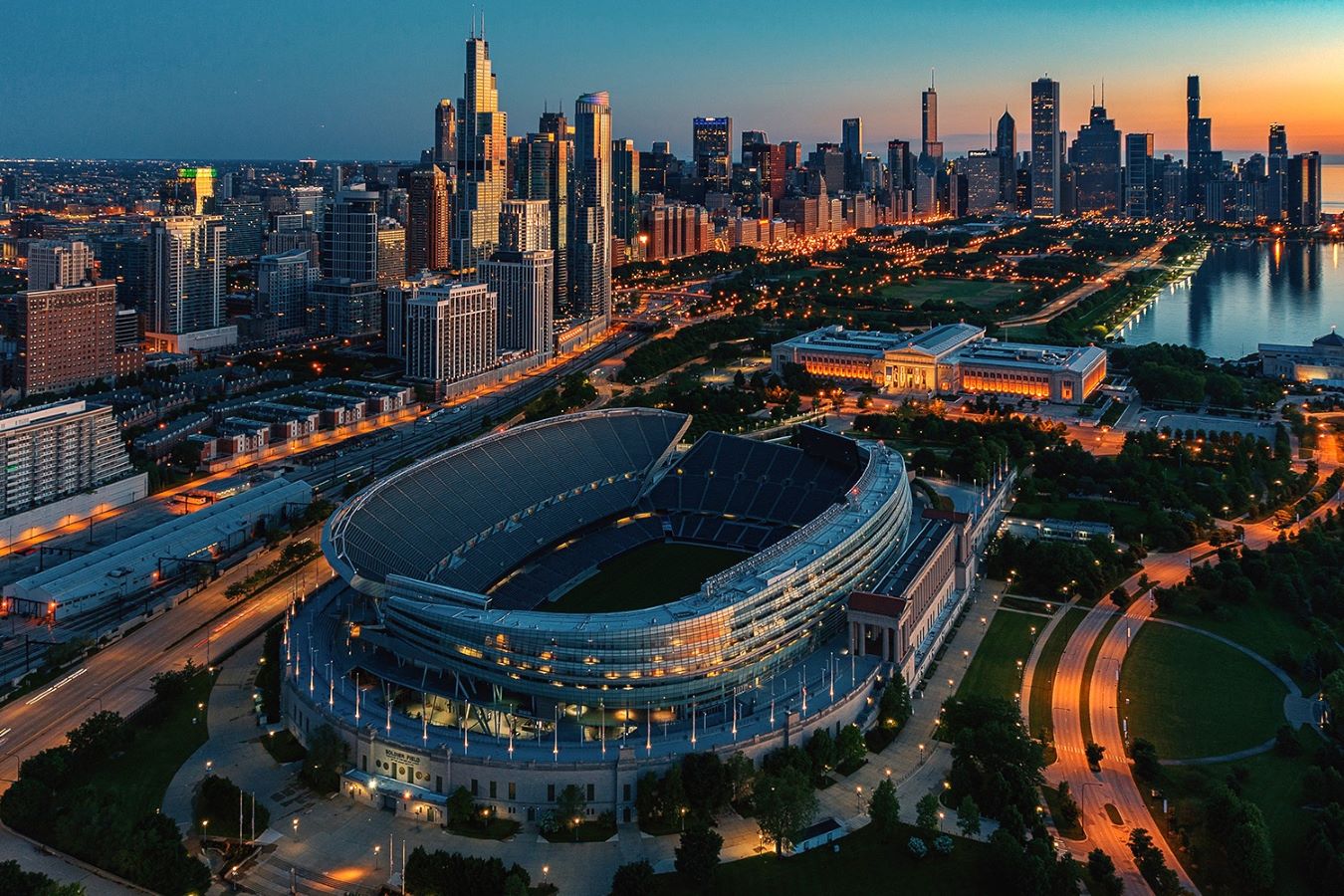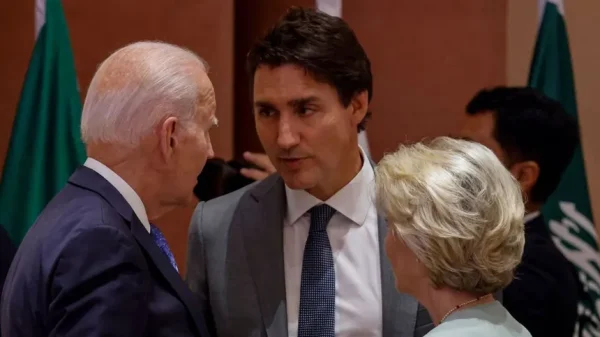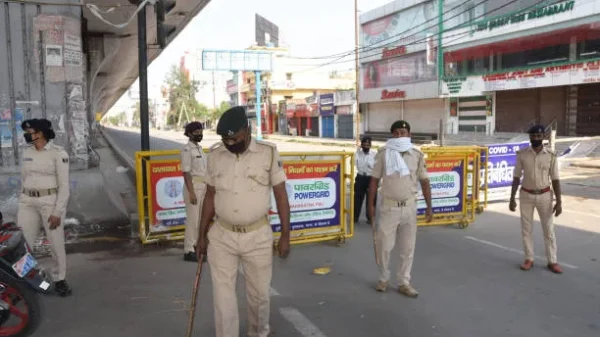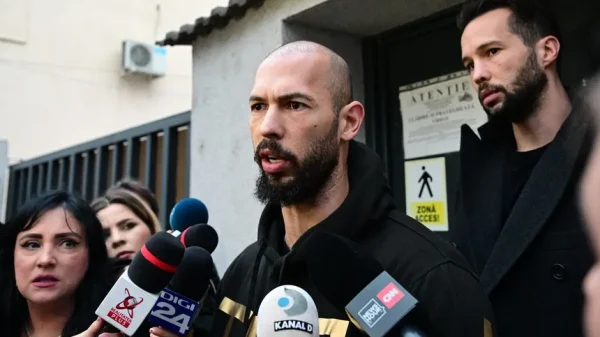The Bears revealed a comprehensive proposal on Wednesday for a nearly $5 billion enclosed stadium adjacent to their current venue at Soldier Field, marking a significant initiative set to transform Chicago’s lakefront. In seeking to bring the project to fruition, they are seeking public funding assistance.
The proposed plan outlines an allocation of $3.2 billion for the construction of the new stadium, alongside an additional $1.5 billion for infrastructure enhancements.
Both the team and the city highlighted the potential benefits, emphasizing the addition of green spaces and improved access to the Museum Campus, with the possibility of incorporating a publicly owned hotel.
“This is not an easy project, but Chicago doesn’t like it easy,” remarked Bears president Kevin Warren.
The announcement coincides with a pivotal week for the Bears, as they prepare to make the No. 1 pick in the draft, expected to be 2022 Heisman Trophy winner Caleb Williams, and aim to strengthen a position that has historically been challenging for the franchise.
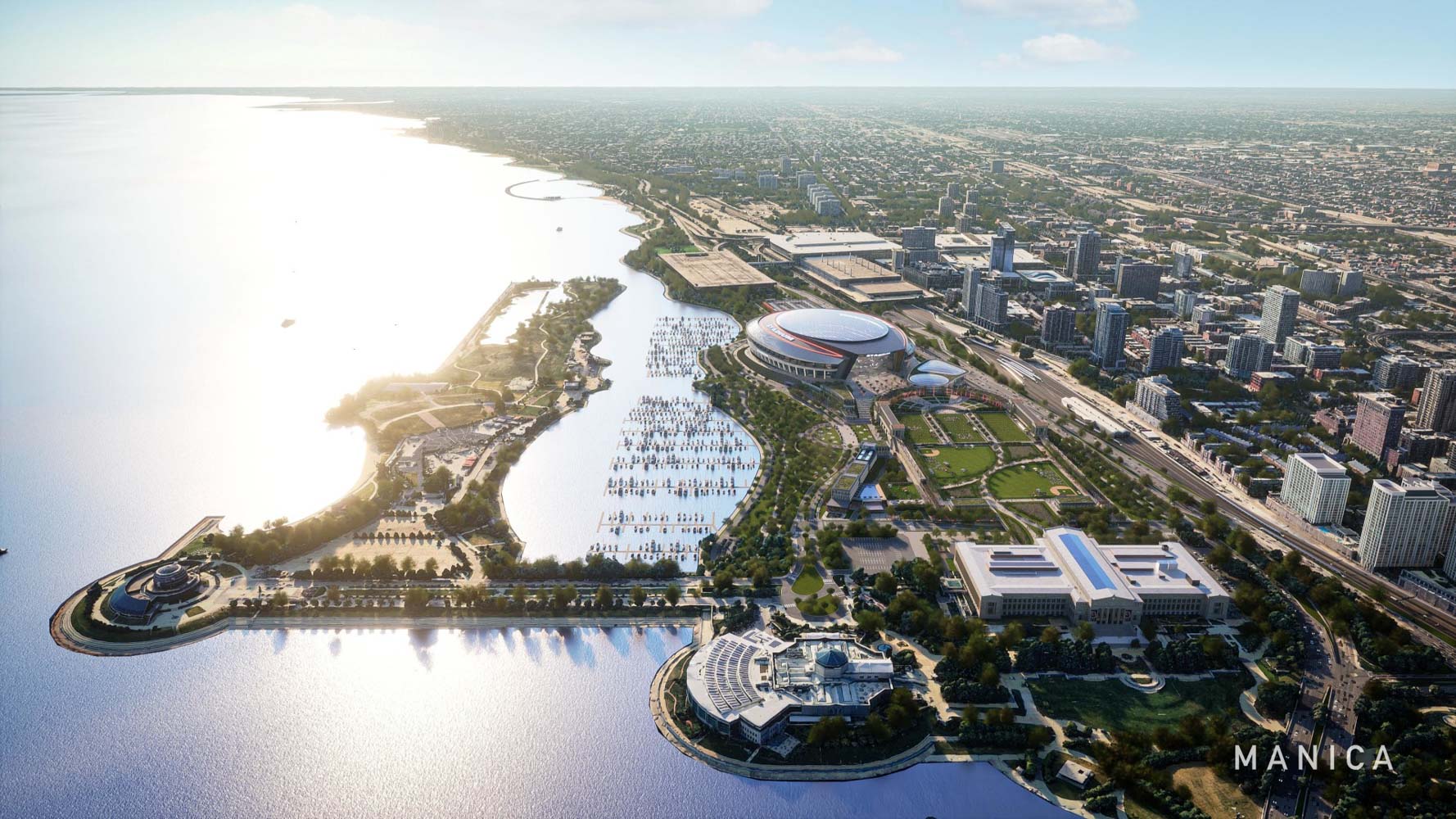
New Proposed Chicago Bears Stadium (Via ChicagoBears/Twitter)
Last month, the team expressed readiness to contribute over $2 billion toward a publicly owned stadium within the city.
The proposed funding structure entails $2.025 billion from the Bears themselves, supplemented by a $300 million NFL loan and $900 million in bonds from the Illinois Sports Facilities Authority (ISFA), potentially sourced from an extension of the existing 2% hotel tax.
According to the Bears, the project is anticipated to generate an economic impact of $8 billion for the region. The construction will be executed in three phases over a projected period of up to five years, with the new stadium slated for development on a parking lot located south of Soldier Field, the team’s home since 1971.
Mayor Brandon Johnson offered a resounding endorsement, aligning the project with Daniel Burnham’s seminal “Plan of Chicago” from 1909. He assured residents that there would be no new taxes or tax increases associated with the project.
Renderings depict a striking stadium design featuring a translucent roof and expansive glass panels, aimed at maximizing natural light and providing panoramic views of Chicago’s iconic skyline.

Chicago Bears Team (Via ChicagoBears/Twitter)
The facility is envisioned as a multifunctional venue capable of hosting major events year-round, including concerts, Super Bowls, Final Fours, and Big Ten championship games.
While the historic colonnades of Soldier Field are set to be preserved, the existing stadium structure installed two decades ago will be replaced by playing fields, park space, and amenities such as a pedestrian mall, dining options, and a plaza.
Warren, who played a pivotal role in the construction of U.S. Bank Stadium in Minneapolis during his tenure with the Minnesota Vikings, emphasized his confidence in the project’s potential benefits for Chicago.
Despite initial skepticism from some political figures, Warren views the endeavor as a collaborative effort with the city, emphasizing a partnership rather than a traditional tenant-landlord dynamic.
“I believe in Mayor Johnson; I believe in his staff, his vision; I believe in this city,” Warren asserted. “I don’t look at it as being a renter. I look at it as being able to develop a relationship, to be able to come together.”






